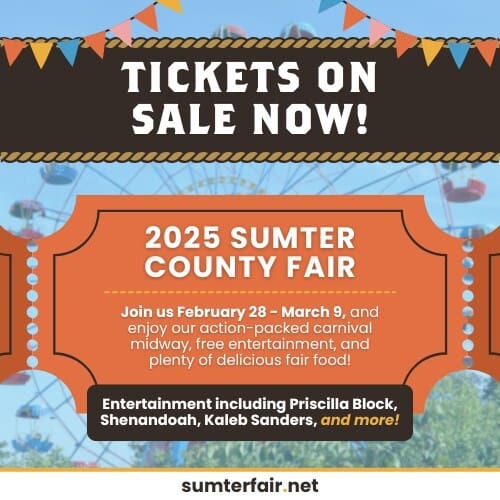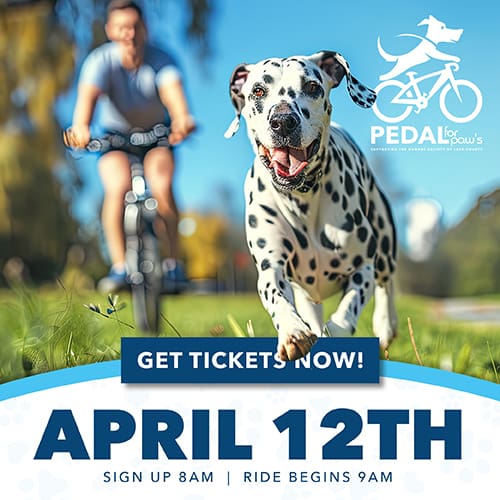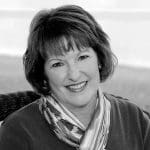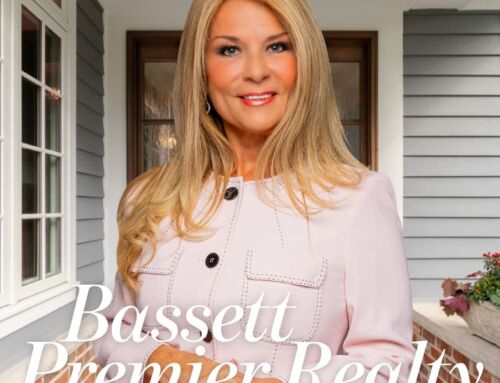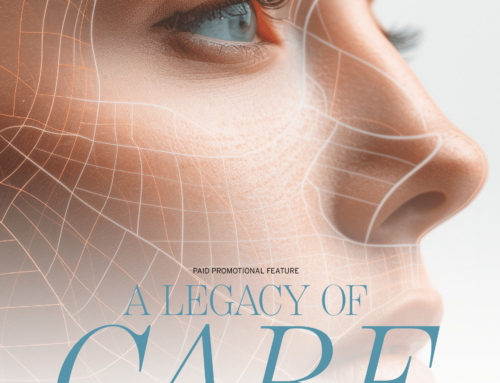By Mary Ann DeSantis
PASSION FOR PICKLEBALL
Golf isn’t the only thing bringing new residents to The Villages. People are discovering this is the place to be for pickleball, the fastest-growing sport in the U.S.
STORY: Mary Ann DeSantis PHOTO: Matthew Gaulin
The distinctive ponnk … ponnk … ponnk sound emanating from pixie-sized courts around the recreation centers in The Villages can’t be missed. Neither can the thousands of residents who have taken up pickleball. They seem to be everywhere and their numbers are growing. That’s not surprising, considering pickleball itself has become the fastest-growing sport in the U.S., according to the USA Pickleball Association. An estimated 150,000 people play nationally, and about 8,000 of them live in The Villages.
In fact, The Villages has been dubbed “the pickleball capital of the world,” even though the game was invented near Seattle, in 1965. The designation is due to the 120 pickleball courts scattered throughout the active adult community and the wealth of leagues that compete nationally.
“This place is a mecca for pickleball,” says Richard “Mo” Movsessian, who teaches pickleball clinics around the country. “It’s the perfect sport for seniors because there is a lot less running than in tennis or other racquet sports.”
Pickleball is played on a 20×40-foot court, about the size of a badminton court. Lightweight paddles are used to hit a ball that is a slightly smaller than a wiffle ball. The object of the game is similar to tennis in terms of hitting the ball over the net and hoping opponents cannot return it. However, there are differences. Players must let the ball bounce one time on their side before returning it and a lower net is used.
Anyone who plays pickleball in The Villages recognizes the names of two former tennis coaches who are now legendary in the world of pickleball: Mo Movsessian and Deborah Harrison. Both moved to The Villages specifically because of the pickleball facilities.
“Coach Mo and Deb are the superstars of pickleball,” says Gene Vogel, a Villager who admits pickleball can be addicting. “Mo is a great teacher and player, as is Deb, who has had enormous success in the sport.”
WHY IS THE NAME SO FUNNY?
In 1965, then-U.S. Rep. Joel Pritchard and his golfing buddy Bill Bell were looking for a Saturday afternoon game their families could play together. Pritchard’s home near Seattle had an old badminton court but no equipment. The men improvised and found pingpong paddles and a perforated plastic ball. The following weekend, they introduced the game to Barney McCallum and the three men decided to create some rules.
Accounts vary as to why it was called “pickleball.” Pritchard’s wife Joan once said she called it pickleball because the combination of different sports (badminton, tennis, pingpong) reminded her of the pickle boat in crew, where oarsmen were chosen from the leftovers of other boats. A more popular story from Barney McCallum blamed the Pritchard’s dog, Pickles, for chasing the balls and running off with them.
MO KNOWS PICKLEBALL
Mo taught high school physical education for 29 years near Boston where he coached the tennis, ice hockey and field hockey teams. He also is a former 4.5 USTA-ranked tennis player who became a certified teaching pro when he retired in 1993. He was living in Daytona Beach Shores when he received an invitation to visit The Villages to play pickleball. He was hooked from then on.
“As you get older, that tennis court seems to grow a foot longer every year,” he says with a chuckle. “When you make the transition from tennis to pickleball, you can beat younger people, which gets harder to do in tennis.”
Indeed Movsessian and pickleball doubles partner Phil Bagley were the 2010 Men’s Doubles Silver Medalists in the 35+ category at the USAPA National Championships in Buckeye, Arizona. It was his first major tournament and he was playing against men nearly half his age.
He’s since been featured on the CBS “Early Morning Show” and in a Wall Street Journal story. He had so many requests for a pamphlet he wrote years ago that his son-in-law helped him put together a website and DVD, which has sold internationally. That led to an invitation to teach a three-week clinic in Madrid, next spring.
Closer to home, he teaches weekly clinics at two recreation centers with friend Jim Wright and gives private lessons when he’s not on the court enjoying the sport himself.
“I taught ice hockey at every level and hockey is in my blood,” he says. “But I hope to play pickleball until I die.”
GOLD MEDALIST OF THE DECADE
Deborah Harrison taught physical education in Cape Code, Massachusetts, for 25 years. She also was a field hockey and tennis coach before retiring and buying a summer place in Fort Myers, where she discovered pickleball.
“Our summer place had only one pickleball court,” says Harrison, who has played the sport since 2002. “You could say we moved to The Villages for the pickleball.”
Indeed, Harrison’s passion for pickleball led to her being named Most Decorated Pickleball Gold Medalist of the Decade in the 2010 Florida Senior Games. She gave up tennis “years ago,” and found that pickleball was a natural extension. She emphasizes, however, that anyone, even those who have never played rocket sports, can learn to play.
“It’s an easy game to learn,” Harrison explains. “Non-athletes can pick it up and get adequate fairly quickly. People gravitate to the game, especially women.”
For players who want to improve, she encourages them to participate in one of the many free clinics and take lessons. “To get better at the game, play at least two hours a week and focus on the things you need to improve,” she says. “Also, find your niche — a place where you are comfortable and the level of play suits you whether it is beginning play or advanced play.”
In addition to giving private lessons, Harrison teaches beginning and intermediate/advanced classes through The Villages Lifelong Learning College and administers the ratings clinics for players who want to qualify for leagues and tournaments. She also plays every day.
“I caution people it’s addictive,” she says.
STAYING SAFE AND INJURY-FREE
Local orthopedists report they see quite a few injuries from pickleball, but coaches Deb Harrison and Mo Movsessian say the numbers are minimal when you consider how many people play the sport.
In fact, Movessian says, most injuries occur during the first week someone plays, primarily because people try to do too much. “Start off in moderation,” he advises.
Other safety tips from Movsessian and Harrison include the following:
- Wear court shoes designed for racquet sports. You need the foot support to be able to move from side-to-side.
- Learn to “slow down” your game.
- Never backpedal. Always turn to chase the ball if it goes behind you.
- If your partner yells, “I’ve got it,” let him have it. Collisions can be serious.
- Keep hydrated by drinking lots of water.
- Schedule morning games if the heat bothers you.
Want to know more?
www.usapa.org
www.pickleballcommunity.com (For The Villages)
www.pickleballcoach.com (Mo’s DVD)














